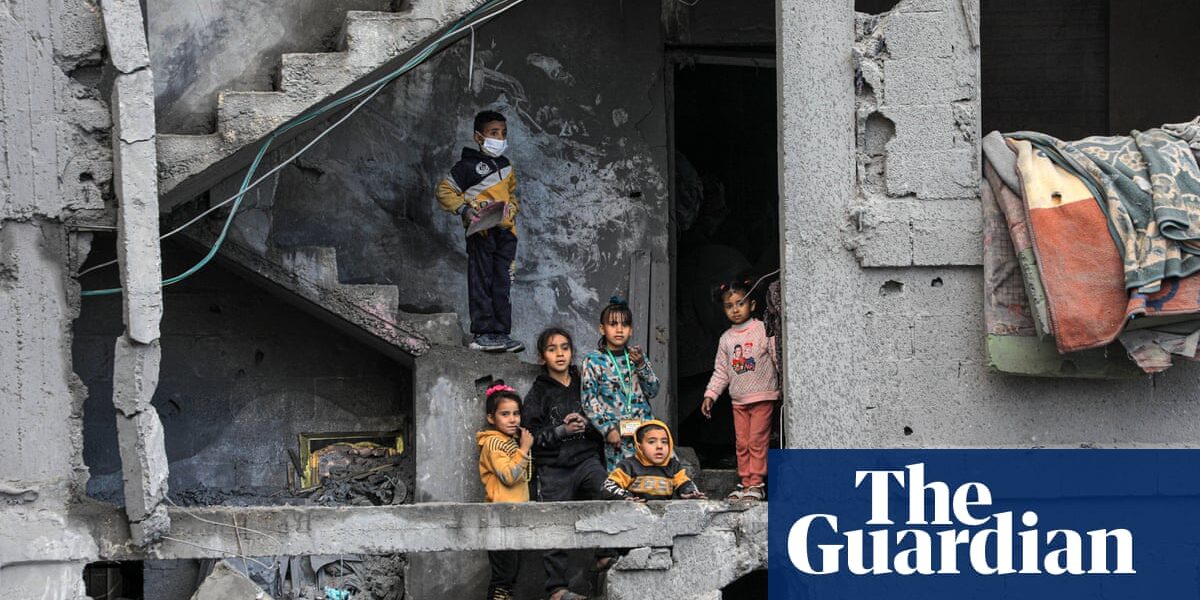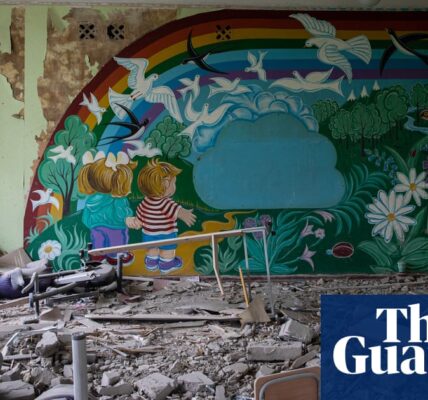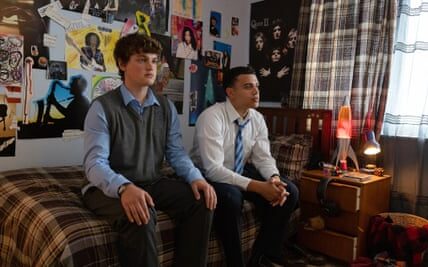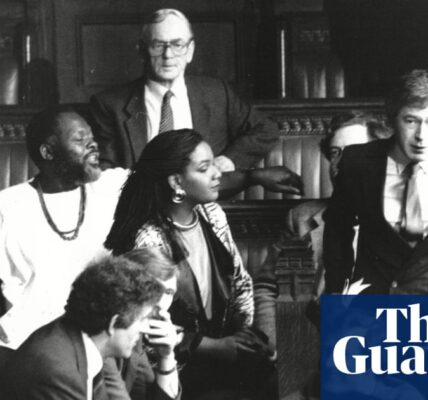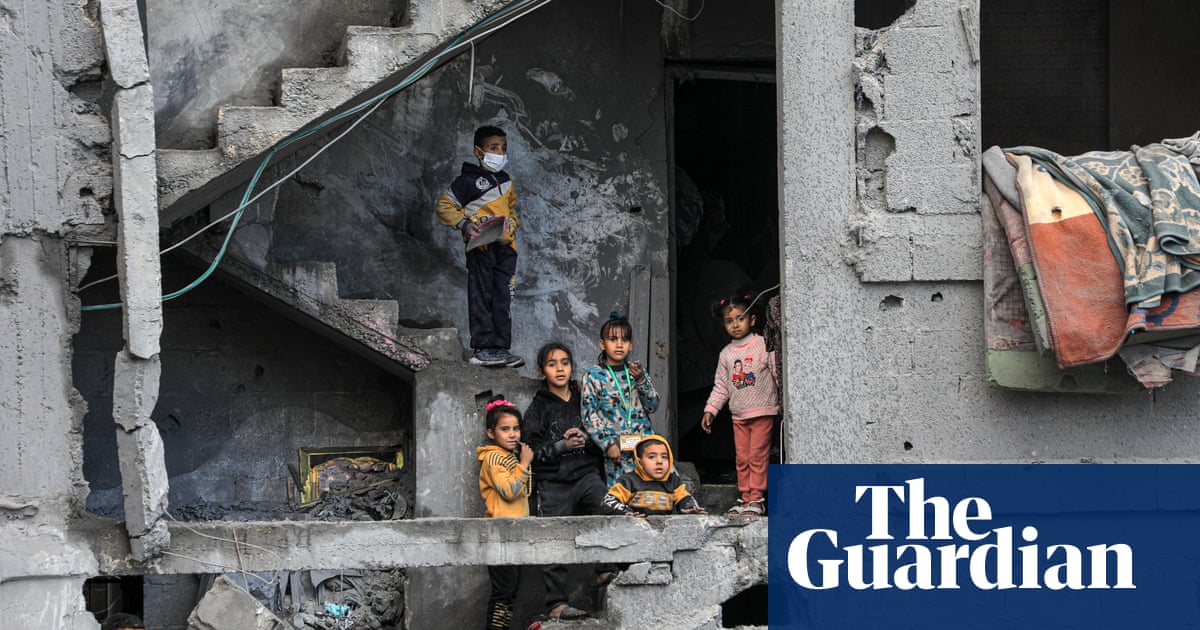
I
Describing the impact of this tragic narrative, spanning 280 pages, is a daunting task. It paints a grim picture of increasing death and devastation, with each passing day bringing even more heartbreaking stories of destroyed homes and lost loved ones and coworkers. Slowly but surely, it becomes evident that no place in the Gaza Strip is safe. Danger looms everywhere, like a persistent mosquito’s buzz.
Atef Abu Saif, a well-respected Palestinian writer and journalist, also serves as the minister for culture for the Palestinian Authority. On October 7th, he ended up in Gaza unexpectedly. He had been scheduled to give a speech at a cultural event in Khan Younis to mark Palestinian Heritage Day, but ended up in the midst of a conflict instead.
Abu Saif resides with his immediate family in the West Bank, however, both he and his spouse were raised in Gaza. He had planned an earlier trip there with his teenage son to visit grandparents, relatives, and friends. However, they ended up staying there for a stressful 85 days before deciding to make their way to Ramallah through the Rafah crossing.
Not many who are reading this will have firsthand experience of war. We are part of the fortunate generations in the western world who have been able to live without the suffering of war. This is why it is our responsibility to empathize with those who do face the horrors of war, particularly when our governments are providing the weapons that fuel it. Abu Saif observes with sadness that his people, the Palestinians, have endured 75 years of war, beginning with forced displacement and exile, followed by the suppression of their right to self-determination and a secure homeland. War has plagued the lives of his grandparents, parents, and now him. The lessons of experience are passed down: “When bombing begins, seek shelter in the center of a building, in a corridor or stairwell … the strongest parts of the structure.” Or, more chillingly: “Do not stay together. Sleep in different places. This way, if part of the family is killed, another part may survive.” Yet, no one in Gaza truly knows how to stay safe.
Abu Saif’s journal documents increased assaults from naval and aerial forces, including drone attacks and sudden bursts of light preceding explosions. Many nights were spent counting the bombs and, if sleep was achieved, it was often disrupted by nightmares of wounded children. He also recounts the targeting of hospitals, as well as places of worship, education, and the cutting off of electricity. Notices are dropped from the sky, declaring in Arabic that anyone who remains north of the dividing stream in the Strip is considered to be affiliated with a terrorist group and must relocate to the south. However, Abu Saif knows that even this relocation does not guarantee safety. The day before, his friends who followed the orders were killed in missile strikes while stuck in traffic on the highway. They had previously obeyed similar orders to move twice before. What is the next step? Move on. And then? Move out?
Abu Saif joins chains of men, lifting pieces of concrete and passing them along, desperate to find life under the rubble. The son of a cousin wanders the streets calling for his children by name, believing they might still be alive after his house was blown up. His howls of grief are unbearable, and Abu Saif tries to block out his lament. People we have come to know in the early days of the journal are lost too, killed in overnight bombardments or in efforts to escape the advancing army.
When supplies of food, fuel, water, medicines, and bandages run low, patients are treated without painkillers or sedatives. Abu Saif openly admits feeling scared of death and vividly describes his terror as he heard death approaching.
Abu Saif’s brother’s wife, his wife’s only sibling, Huda, and her husband, along with most of their relatives, died in a missile attack. They were innocent civilians, living normal lives, but were tragically killed in their own home. Abu Saif is devastated and cannot bring himself to tell his wife. He goes to the remains of their house with his father-in-law, and they search through the rubble as the old man cries. The only survivor is Wissam, one of the daughters who had recently graduated from art school. Atef finds her in a hospital, but she has lost both her legs and her right hand. She is in a delirious state, dreaming that her limbs are gone, but unfortunately, it is reality.
Go to the next section without looking at the advertising email subscription offer.
after newsletter promotion
The civilians of southern Israel undoubtedly endured terrible attacks on 7 October 2023 by Hamas. But we must be able to acknowledge both realities. The situation in Gaza is also deeply disturbing. The law of armed conflict is guided by three principles: the distinction between soldiers and non-combatants, proportionality, and the requirement to take appropriate measures to reduce harm to civilians. Is this considered a genocide? This determination will be made by the international court of justice (ICJ) in due time. In the meantime, it is expected that the world will work to prevent such a situation. The ICJ has issued a warning to Israel; now is the time for all of us to say: enough is enough. As described by Abu Saif’s account, this war must end and a truly fair peace must be achieved.
Source: theguardian.com
